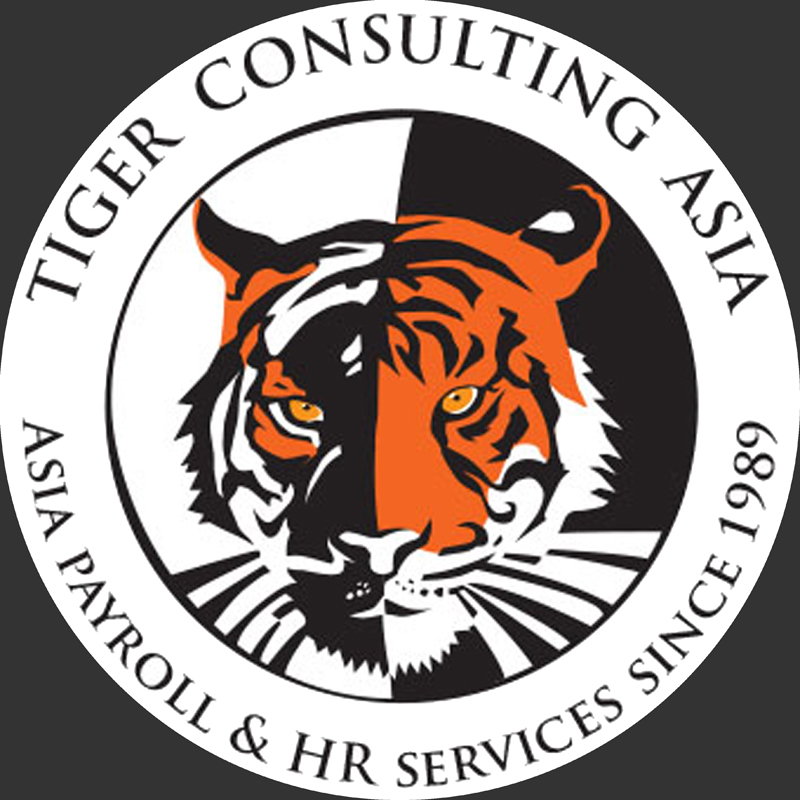
TIGER CONSULTING ASIA

HR and Payroll Outsource Services, Employment Services, Manpower Contracting

Employment Law Changes for Singapore in 2017
December 21st, 2016
The New Year is almost upon us and with it comes changes to employment laws in Singapore.
As of January 1st, 2017, there will be an increase from one week’s paid paternity leave to two weeks paid leave for new fathers in Singapore. Qualifications for this benefit are the employee must be married to the baby’s mother and the baby must be a citizen of Singapore. The government reimburses the employer and the Paternity pay is capped at SGD (Singapore Dollar) 2,500 per week. There will also be a change to maternity leave in Singapore as well. A female employee currently receives government-funded paid maternity leave if her baby is a Singapore citizen and she is married to the baby’s father. Anticipated legislation for early 2017 will remove the requirement for the parents to be married for babies born from early 2017. There will also be a change to shared parental leave as of July 2017. At present, the husband of an employee who qualifies for maternity leave is entitled to use one week of his wife’s 16-week maternity leave benefit. However, as of July 1, 2017 the wife may share up to four weeks of her maternity leave entitlement with her husband. Beginning July 1, 2017 female employees with newly-adopted children are now entitled to 12 weeks adoption leave, up from four, while employers can no longer claim reimbursements for the first four weeks leave for the first two children adopted.
Also, as of January 2017, there will be an increase in salary for foreign workers. Their minimum qualifying monthly salary to work in Singapore on an employment pass will be raised from SGD 3,300 to SGD 3,600. Employees will be able to bring salary-related claims, up to a limit of SGD 20,000 in a new employment claims tribunal as of April 1, 2017. The new tribunal will also have a wider jurisdiction to cover employees, managers, and executives subject to the Employment Act.
Lastly, Singapore Parliament passed a law raising the age ceiling of re-employment of older workers to 67, up from 65, starting on April 1, 2017.
Singapore has negotiated many new trade agreements to attract overseas business investment. Changes to Singapore employment law is aimed to preserve a competitive environment for employers as well as greater benefits for employees.
For questions about Tiger-Consulting’s HR, Payroll, PEO and business support services in Asia and UAE, contact sales@Tiger-Consulting.net
Sincerely,
Mercy Mildener
Public Relations and Marketing Consultant










